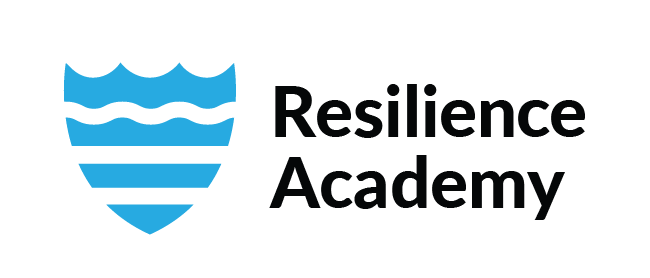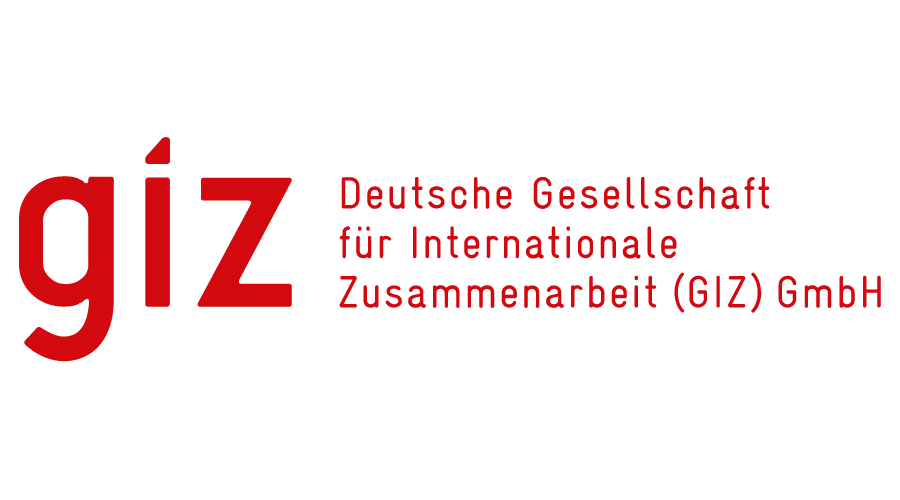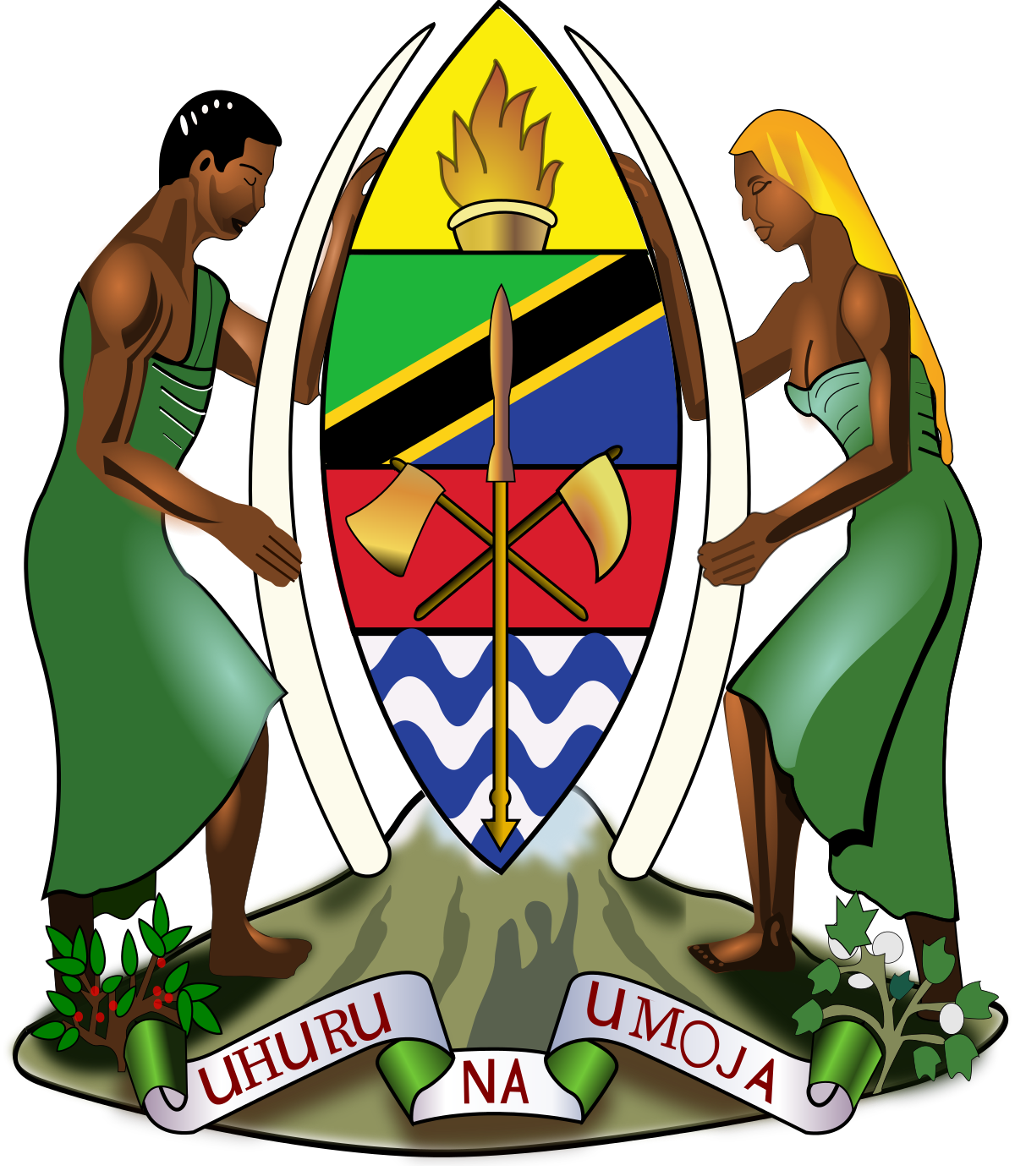Water Security & Climate Resilience Visualization Challenge: Transforming Data into Actionable Insights for Tanga and Mwanza Cities
The visualization challenge focuses on addressing critical water security and climate resilience issues in Tanzania’s rapidly growing urban centers, particularly Mwanza and Tanga cities, which face significant flooding risks, inadequate wastewater management, and environmental pollution due to industrial effluents.
By utilizing flood data from Mwanza’s Mirongo River and wastewater data from Export Processing Zones, managed through the Climate Risk Database (CRD), the challenge aims to support informed, climate-resilient water management decisions. Participants will develop key technical skills such as geospatial data analysis, GIS mapping, and data visualization; analytical abilities including problem-solving and pattern recognition; communication competencies like visual storytelling and stakeholder engagement; and collaborative skills that promote multi-stakeholder coordination and knowledge transfer.
Emphasizing innovation and impact, the challenge encourages solution-oriented thinking, policy relevance, sustainability planning, and technology integration to transform data insights into practical recommendations. Ultimately, this initiative fosters student-industry cooperation to enhance data-driven decision-making and contribute to sustainable urban development and climate resilience in Tanzanian cities.
The winning prizes for this challenge are 300 EUR for the first-winning group, 200 EUR for the second-winning group, and 100 EUR for the third-winning group.
Challenge descriptions:
Location
- Mwanza
Location
- Mwanza
- Tanga
Location
- Mwanza
- Tanga
Location
- Mwanza
- Tanga
Skills development | Work with data sets | open-access learning materials | Research and Innovation
List of Challenges used:
Transforming Data into Actionable Insights for Lake Victoria Basin Water Board (LVBWB), Mwanza City
Urban Resilience Index and Community Vulnerability
Climate-Resilient Urban Infrastructure Gap
Urban Growth and Flood Risk Intersection
Developed Solutions
Transforming Data into Actionable Insights for Lake Victoria Basin Water Board (LVBWB), Mwanza City
Urban Resilience Index and Community Vulnerability
Climate-Resilient Urban Infrastructure Gap
Urban Growth and Flood Risk Intersection
Communicate risks and hazards to local communities via visualisations
Story of past floods for better situation analysis
Partners
General Guidelines
Data Visualisation Challenge is an opportunity for students and young professionals to turn raw data into powerful visualization solutions that highlight climate risks and urban resilience. By working with open datasets and user-friendly tools, participants will learn how to transform information into maps, charts, and interactive visuals that can support better decision-making. The challenge encourages creativity, collaboration, and the use of open-source technologies, while building practical skills that are highly relevant in today’s data-driven world.
Geospatial Data
All the data can be downloaded from the Climate Risk Database. Or you can contact your mentors from the University partners who can help you on how to get the needed data.
Preferred Softwares
Under this visualisation challenge, you are allowed to use any open source softwares to make your visualisation. Here we list few softwares: Data Studio, Leaflet, Mapbox, Quantum GIS, Geonode, U Map, and or Open Refine.
General Documents and data repositories
- Tanzania Urban Resilience Program Annual Report (.pdf).
- Ramani Huria Website:
- Ramani Huria 1.0 Atlas:
- OpenStreetMap: (The data here can be downloaded using export tools: you need to have OpenStreetMap account)
- Climate Risk Database for Resilience Academy Website:
List of useful training materials
Here we have collected training materials related to the Visualization Challenge. These resources are designed to help participants develop their skills in geospatial data visualization, storytelling, and digital tools that support climate resilience and water security solutions.
Data Visualisation related trainings
- Geovisualisation principles and examples (Login is required)
- Geovisualisation tools (Login is required)
- Data Visualisation Challenge (Login is required)
Data Quality, Management, and sharing related trainings
- Geospatial Data Quality (Login is required)
- Metadata (Login is required)
- Data Sharing in Climate Risk Database (Login is required)
Do you want to ask a question?
If you have any question about Resilience Academy Data Visualization Challenge, feel free to contact us through our Contact Us Page
Our recent News











